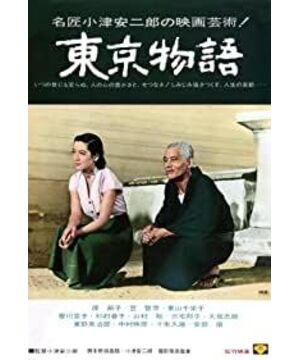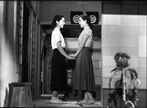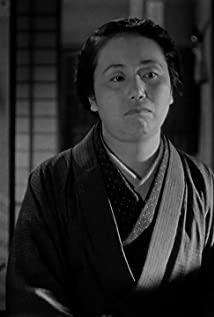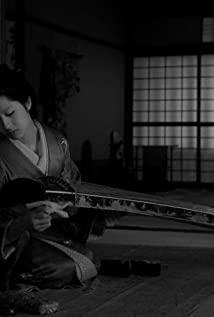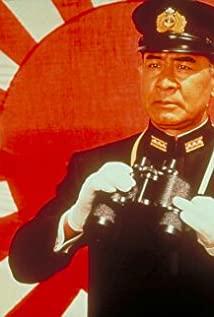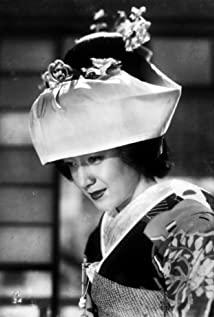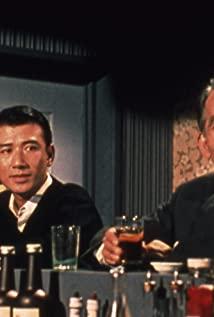Yasujiro Ozu can be said to be the founder of Japanese family movies. "Tokyo Story" is Yasujiro Ozu's most prominent masterpiece, and its shadow can be seen in many family movies of later generations.
The richer the life experience is, the more the true taste can be read from family movies. There should be few people who hate family movies. A person can have no spouse, no lover, no children, but he must have parents and mothers. This is also a family movie. The basis of empathy for many people. Whether it is a young man who is caught in the quagmire of love, an office worker who does not care about work and life, or a child who has lost a bereaved family, they can find a good remedy for depression and depression from family movies.
Almost all of Yasujiro Ozu's films focus on the petty bourgeoisie, and do not describe the rich and colorful life of the upper class. The people in the movie, not too good, not too bad, they are ordinary people just like us, even we are better off than them, but many of us don't treat our parents like them, ordinary people , not so cute, not so hateful.
It was Hirokazu Koreeda who said, "I don't like the plot where the protagonist overcomes his weaknesses, protects his family and saves the world. I want to describe the moment when there are no heroes and only ordinary people live in a somewhat dirty world that suddenly becomes beautiful." , I gradually lost interest in movies such as "Meeting Handsome Men and Beautiful Women", "Hope of the Village", "Efforts to Change Your Life", "Which is the Lion and Tiger", maybe because I gradually understood the true taste of life, I I think of the words Mr. Luo Xiang once said: "There is no idealism, no heroism, and no chance in this world."
We will not substitute the protagonists in romantic films, because we know that this kind of life is out of reach; we will substitute the protagonists in family films who are fascinated and deal with firewood, rice, oil and salt, because these are the "worldly fireworks" that surround us but are difficult to perceive. "
View more about Tokyo Story reviews


